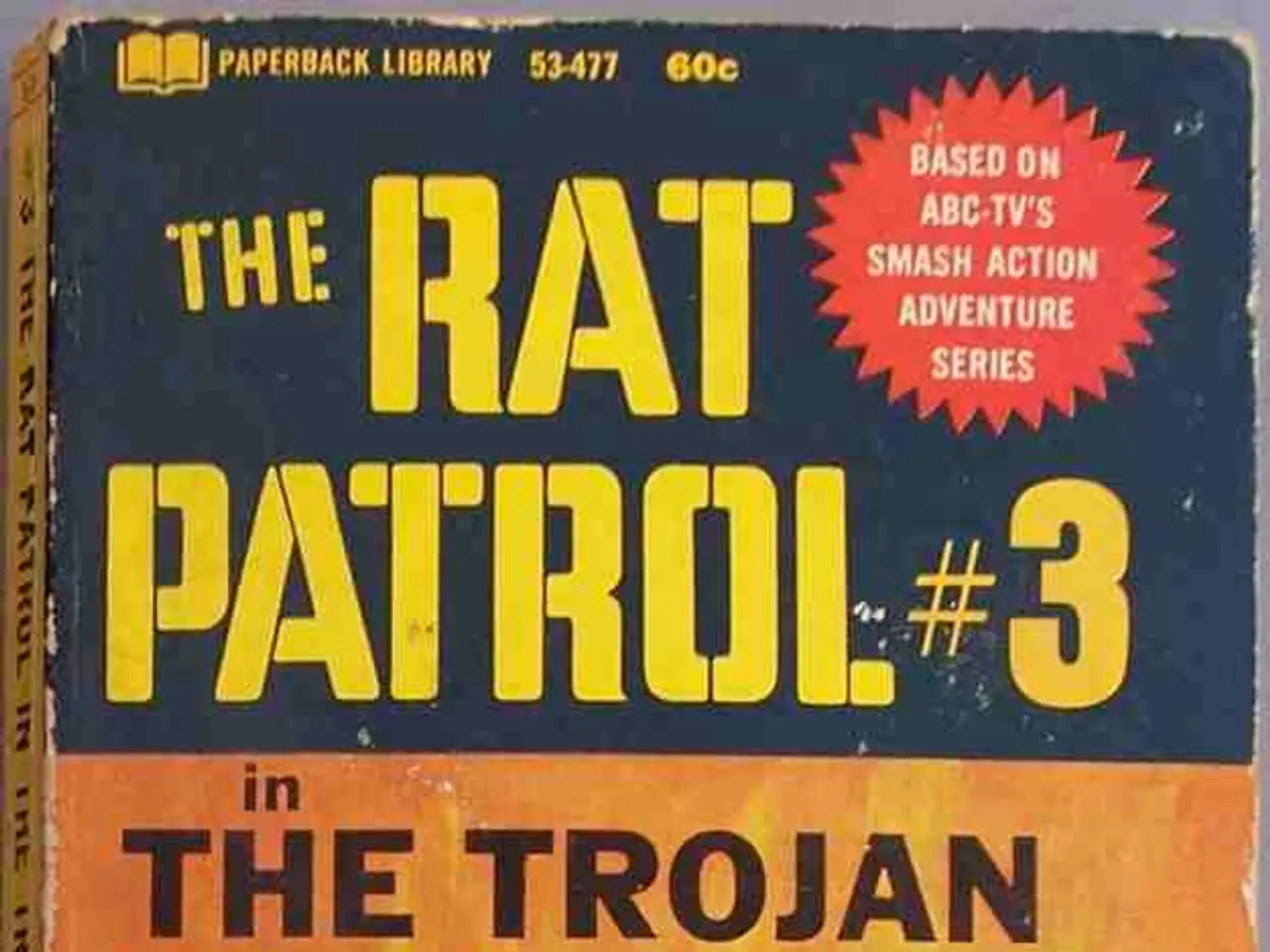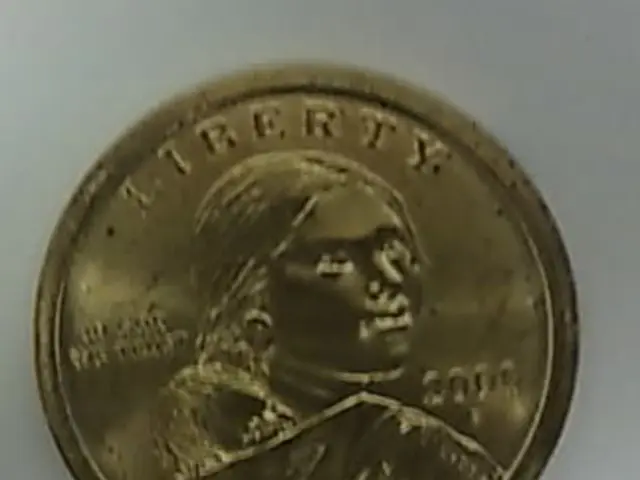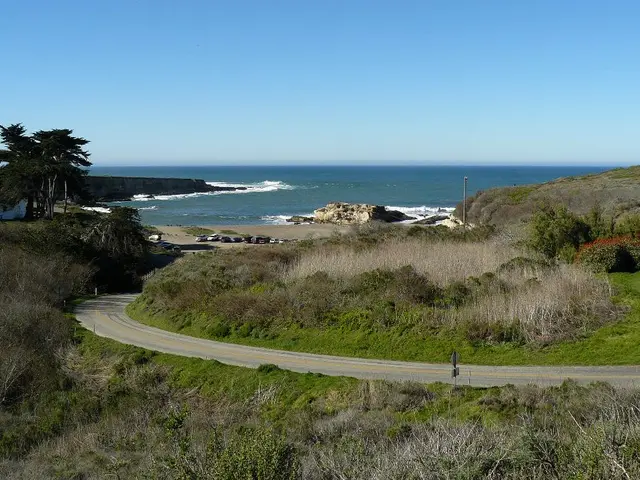TPNW Gains Momentum: Kazakhstan's Push, UN Warnings, and New Signatories
The Treaty on the Prohibition of Nuclear Weapons (TPNW) has gained significant momentum. Kazakhstan's diplomatic efforts and the UN's warnings have pushed the treaty forward, with Kyrgyzstan signing and Ghana ratifying. However, nuclear-armed states remain cautious.
The TPNW, which bans the use, development, possession, and testing of nuclear arms, has been championed by the International Campaign to Abolish Nuclear Weapons (ICAN). ICAN's UN Liaison Seth Shelden praised Kazakhstan's role in promoting the treaty and nuclear disarmament. Recently, Kyrgyzstan became the 99th country to sign the TPNW, and Ghana formally deposited its instrument of ratification, bringing the total number of signatories and parties to a majority of UN member states.
UN Secretary-General António Guterres expressed concern about a new nuclear arms race and the danger of nuclear sabre-rattling. Despite the treaty's progress, the United States, Russia, China, France, and the United Kingdom, all nuclear-armed states, have not joined the TPNW. Neither have Israel, India, Pakistan, and North Korea. Iran, while not nuclear-armed, has been producing nearly weapons-grade uranium. Around 12,241 nuclear weapons remain in place worldwide.
Kazakhstan's Deputy Foreign Minister Akan Rakhmetullin emphasised the need for urgent collective action on nuclear disarmament. ICAN's Executive Director Melissa Parke challenged the dominance of nuclear-armed states and their reliance on deterrence. ICAN, awarded the 2017 Nobel Peace Prize, has been at the forefront of the TPNW.
The UN Treaty on the Prohibition of Nuclear Weapons continues to gain traction, with more countries signing and ratifying. However, the lack of participation from nuclear-armed states remains a significant hurdle. Diplomatic efforts and global pressure will be crucial in encouraging these states to join the treaty and work towards a nuclear-free world.
Read also:
- Increase in Electric Vehicle Charging Stations Across U.S., But Is It Sufficient?
- Tesla's Semi-Truck enters partnership with Uber Freight, aiming to accelerate the usage of electric trucks.
- The current status of green hydrogen for developing countries following the wave of hype: Assessment of remains
- Rapid Growth in Bio-based Polypropylene Sector Anticipated at a Compound Annual Growth Rate of 26.5% by 2034








